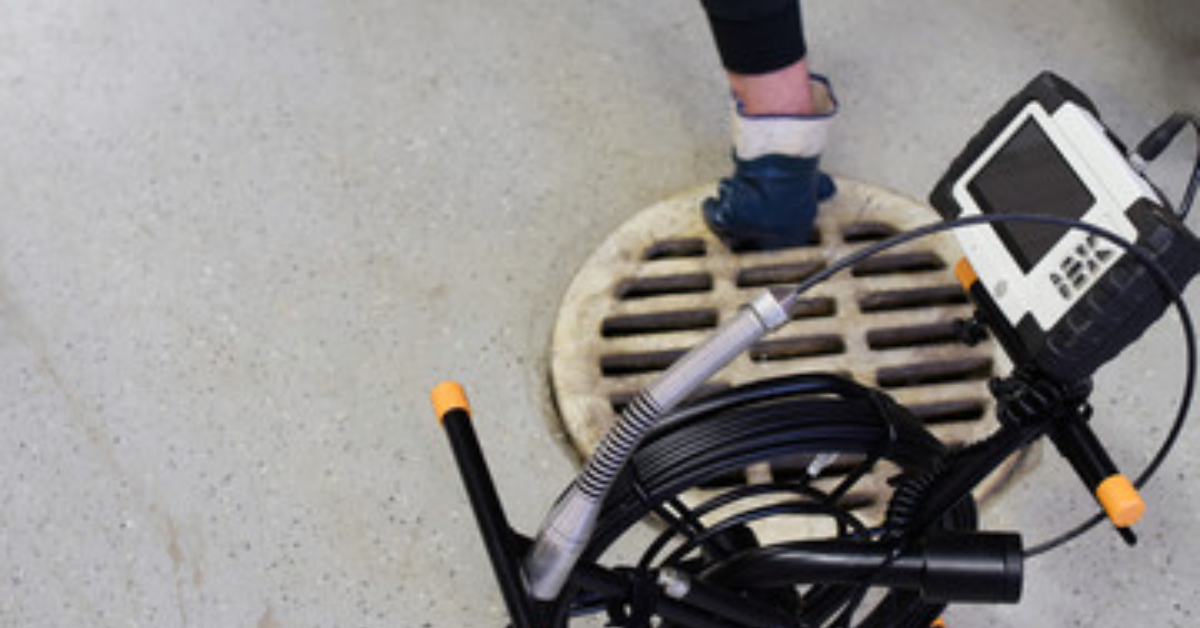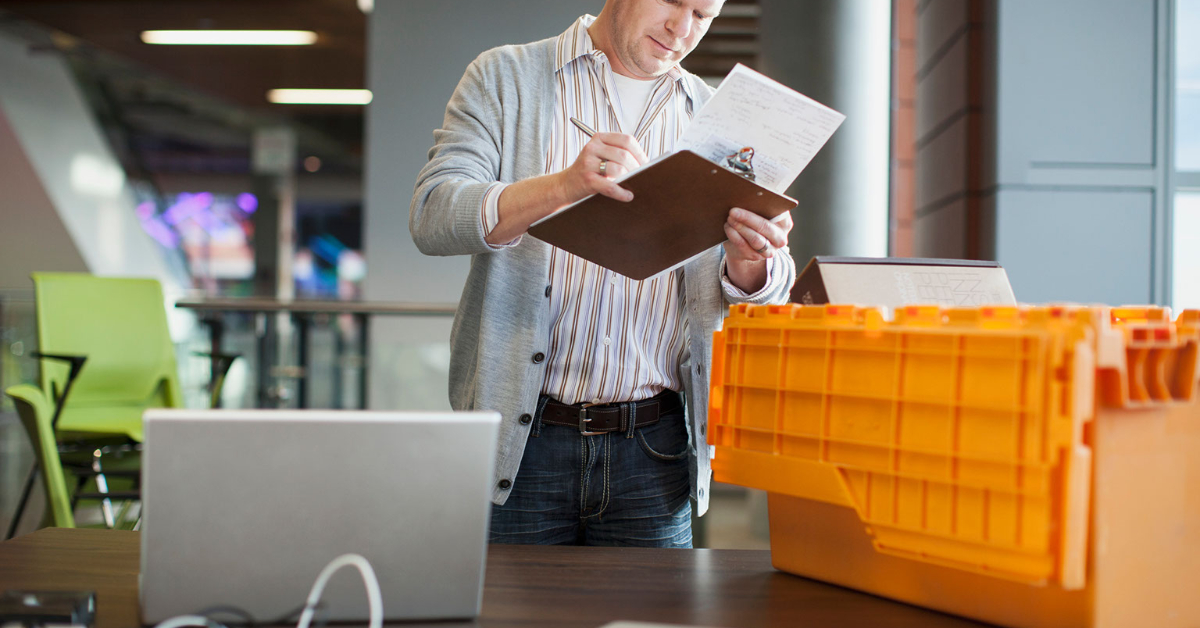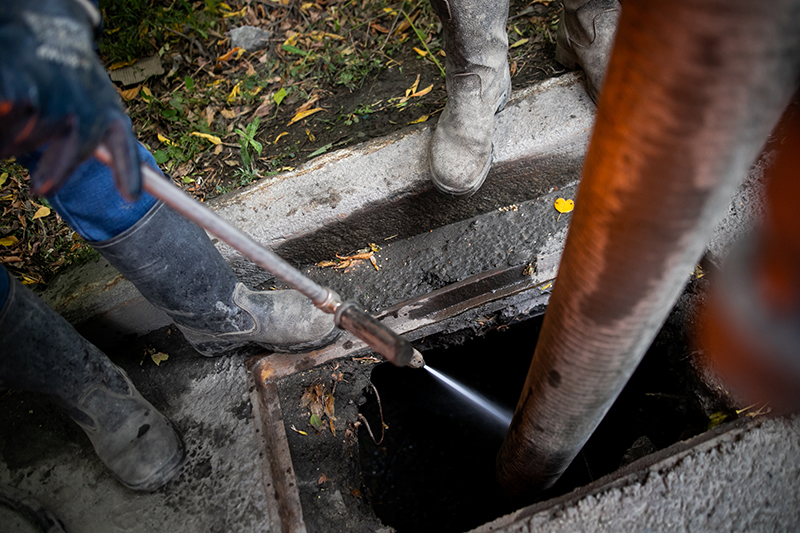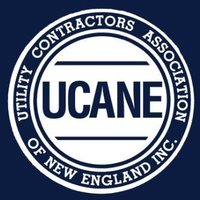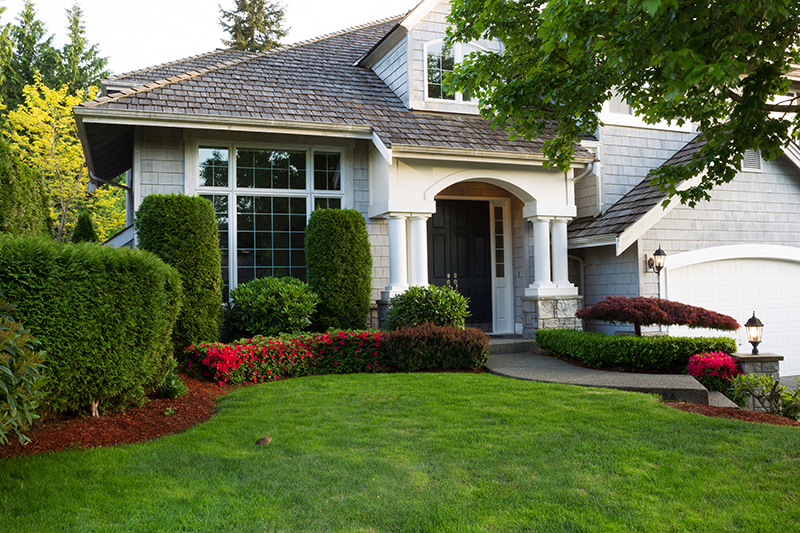
Part 2 of 2
Clogged drains can certainly be a nightmare. They tend to happen at the most inopportune times, are expensive to have fixed properly, can be incredibly time consuming, and are a general headache to deal with. Not to mention the smell that comes from a backed up system that can potentially be harmful to your family’s health. Even if you are not currently experiencing a clogged drain, larger clogs in the main plumbing lines can cause backups into our homes, put unnecessary strain on our municipal sewage and wastewater systems, and potentially damage the environment.
Fortunately, the high personal and financial costs of clogged drains can be avoided with proper drain maintenance. So without further ado we bring you the conclusion of this article with even more ways to prevent clogged drains at home.
Do not wait for a mainline blockage. If you have a clogged sewer line every year or two, do not just keep getting it cleaned. Most sewer service companies will ‘scope’ the line to see what’s causing the problem. That involves sending a remote camera down the line for a visual inspection.
The recurring issue could be tree roots entering through clay tile joints, a partially collapsed pipe or even rotted-out cast iron that allows soil to fall into the line and create a blockage. It’s worth paying to find out the cause and get it fixed rather than hassling with frequent sewer backups and sewer-cleaning bills.
Install a lint catcher on your washing machine hose. If the drain for your washing machine has never backed up, you are lucky. Lint, bits of fabric, facial tissue and even the occasional sock can sneak through your washer’s drain hose and cause trouble in your drain. To keep this stuff from plugging your drain, put a lint trap on the end of the drain hose. You can buy mesh lint traps for your washer’s discharge hose at home centers and hardware stores, or you can simply use an old nylon stocking. Use a zip tie to hold the lint trap in place. Keep an eye on the trap and replace it when it’s full.
Put bacteria to work. Whether it is hair, grease or food, some sort of organic matter causes most drain clogs. Fortunately, there is a type of bacteria that breaks down organic matter in your drains. Add the bacteria to your drains and it will consume organic matter, which helps to prevent clogs. You can buy drain-cleaning bacteria in granular or liquid form. Bacterial drain cleaner is non-corrosive so it will not harm pipes, and the bacteria will not interfere with the bacteria in your septic system. Follow the instructions on the package.
Add the bacteria when drains will not be used, typically before everybody goes to bed, to allow it time to work. Drain and trap cleaner is available at home centers and hardware stores. A package should last several months, depending on how many drains you treat.
Collect Your Food Waste. Grinding up food in a disposer and sending it down the drain is convenient, but it can clog drains. A better idea is to collect your organic waste in a container and add it to a compost pile. Many cities and towns in Massachusetts collect organic waste for composting, but if yours does not consider building your own compost bin. Avoid putting meat or other greasy food in the compost bin because it takes too long to break down.
If you have any questions about clogged drains at your home, or would like to schedule service we are happy to help. Jolin Paving & Excavating, Inc. is your New England connection for a vast variety of environmentally related services. Our company has been serving Boston Massachusetts, Southern NH, VT & ME as well as Northern CT & RI since 1952. Please Contact us to learn more today.
continue reading

